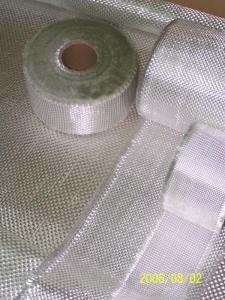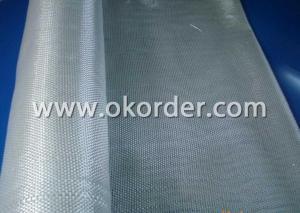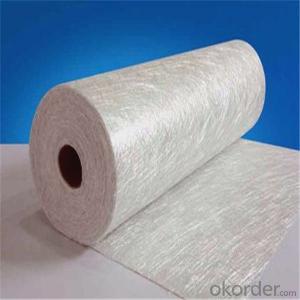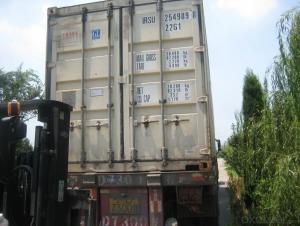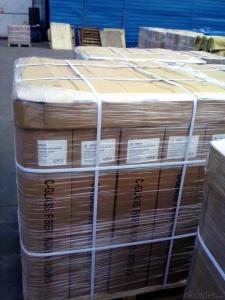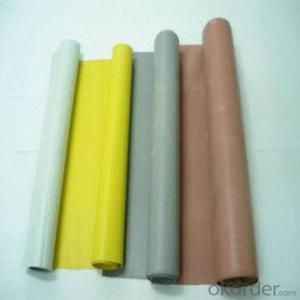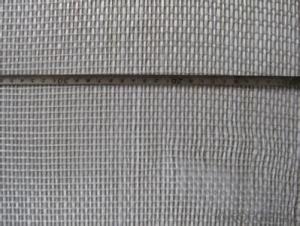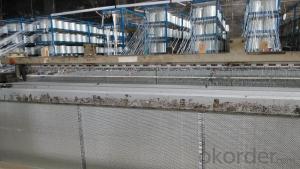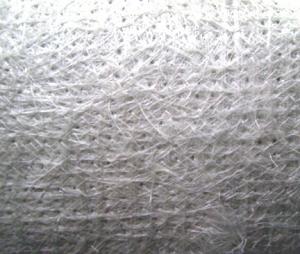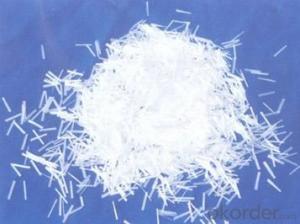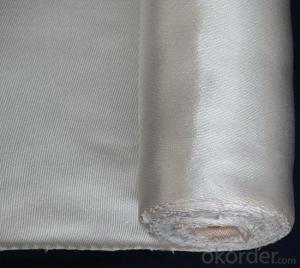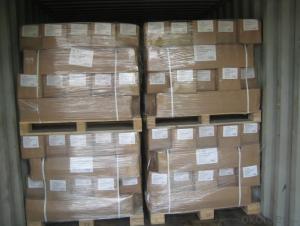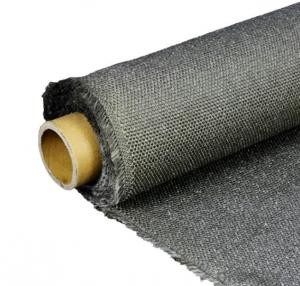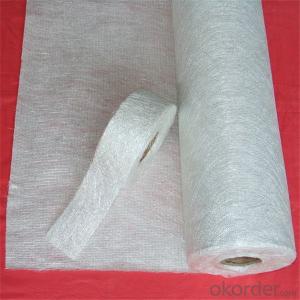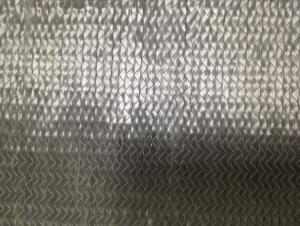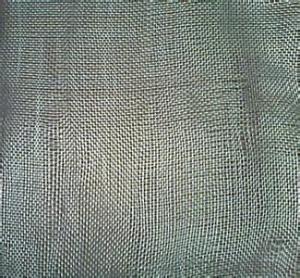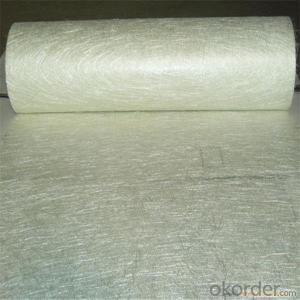All Categories
- - Steel Wire Rod
- - Steel Coils
- - Steel Profiles
- - Steel Pipes
- - Stainless Steel
- - Tinplate
- - Special Steel
- - Steel Sheets
- - Steel Rebars
- - Steel Strips
- - Hot Rolled Steel
- - Cold Rolled Steel
- - Pre-painted Steel
- - Seamless Steel Pipe
- - Welded Steel Pipe
- - Hollow Steel Tubes
- - Galvanized Pipe
- - Stainless Steel Coil
- - Stainless Steel Sheet
- - Stainless Steel Plate
- - Stainless Steel Strips
- - Electrolytic Tinplate Coil
- - Electrolytic Tinplate Sheet
- - Stainless Steel Rebars
- - Solar Panels
- - Solar Water Heater
- - Solar Related Products
- - Solar Inverter
- - Solar Cells
- - Solar Light
- - Solar Energy Systems
- - Solar Controllers
- - Solar Mounting System
- - Solar Pump
- - Solar Chargers
- - Fiberglass Chopped Strand
- - Fiberglass Mesh Cloth
- - Composite Pipes
- - FRP Pultrusion Profiles
- - Fiberglass Mat Tissue
- - Fiberglass Fabrics
- - Fiberglass Mesh
- - Composite Tank
- - Fiberglass Mesh tape
- - Polymer
- - FRP Roofing Panel
- - Fiberglass Roving
- - Monolithic Refractories
- - Ceramic Fiber Products
- - Refractory Bricks
- - Raw Materials For Refractory
- - Suspended Platform
- - Cranes
- - Concrete Machinery
- - Earthmoving Machinery
- - Building Hoist
- - Road Building Machinery
- - Plastic Pipe Fittings
- - Plastic Tubes
- - Plastic Sheets
- - Agricultural Plastic Products
- - Plastic Nets
 All Categories
All Categories
Q & A
How does cold rolled steel perform in terms of corrosion resistance?
Cold rolled steel generally has improved corrosion resistance compared to hot rolled steel. The cold rolling process creates a smoother surface and more refined grain structure, which helps to inhibit the formation and progression of corrosion. Additionally, the absence of scale that is typically present on hot rolled steel further enhances the resistance to corrosion. However, it is important to note that the corrosion resistance of cold rolled steel can still be influenced by factors such as the specific alloy composition, environmental conditions, and proper maintenance.
What are the requirements for cutting fiberglass fabric accurately?
To cut fiberglass fabric accurately, you will need a few key requirements. Firstly, you will need a sharp pair of scissors or a utility knife specifically designed for cutting fiberglass. This is important as fiberglass can be tough and may cause regular scissors to become dull quickly.
Additionally, it is recommended to use a cutting surface or mat that will not be damaged by the fiberglass fabric. This could be a self-healing cutting mat or a smooth, sturdy surface like a piece of plywood.
Another requirement is to measure and mark the fabric accurately before cutting. This can be done using a ruler or measuring tape, and a fabric marker or pencil for marking the cutting lines.
Lastly, take proper safety precautions when cutting fiberglass fabric. It is advisable to wear gloves, safety glasses, and a dust mask to protect yourself from any potential irritation or injury caused by the fiberglass particles.
By fulfilling these requirements, you should be able to cut fiberglass fabric accurately and safely.
Can fiberglass fabric be used for insulation in heat exchangers?
Yes, fiberglass fabric can be used for insulation in heat exchangers. It is a common choice due to its excellent thermal insulation properties, resistance to high temperatures, and ability to effectively trap heat within the system.
How is fiberglass fabric used in the production of printed circuit boards?
Fiberglass fabric is commonly used as a substrate material in the production of printed circuit boards. It provides mechanical strength, insulation, and durability to the board. The fiberglass fabric is impregnated with epoxy resin to form a rigid and stable base. This fabric reinforces the PCB, allowing it to withstand high temperatures and the rigors of daily use. Additionally, the smooth and flat surface of the fiberglass fabric ensures precise and accurate placement of electronic components during the assembly process.
Wholesale Fiberglass Fabrics from supplier in Bahrain
With our strong partnership with CNBM, a Fortune Global 500 company, we have access to the latest technology and resources in the Fiberglass Fabrics industry. This enables us to provide you with the highest quality products that are durable, reliable, and meet international standards.
We understand the unique needs and requirements of customers in Bahrain, and we strive to exceed their expectations. Our team of professionals is dedicated to providing personalized service and support throughout the entire procurement process. From initial consultation to final delivery, we are committed to ensuring your satisfaction.
Whether you are in the construction, automotive, aerospace, or any other industry, we have the right Fiberglass Fabrics for your application. Our extensive range of products includes woven fabrics, non-woven fabrics, tapes, ropes, and more. We also offer custom solutions to meet your specific requirements.
At our company, we believe in building long-term relationships with our customers. We value your trust and strive to be your preferred supplier of Fiberglass Fabrics in Bahrain. Contact us today to discuss your needs and let us provide you with the best solutions for your projects.
We understand the unique needs and requirements of customers in Bahrain, and we strive to exceed their expectations. Our team of professionals is dedicated to providing personalized service and support throughout the entire procurement process. From initial consultation to final delivery, we are committed to ensuring your satisfaction.
Whether you are in the construction, automotive, aerospace, or any other industry, we have the right Fiberglass Fabrics for your application. Our extensive range of products includes woven fabrics, non-woven fabrics, tapes, ropes, and more. We also offer custom solutions to meet your specific requirements.
At our company, we believe in building long-term relationships with our customers. We value your trust and strive to be your preferred supplier of Fiberglass Fabrics in Bahrain. Contact us today to discuss your needs and let us provide you with the best solutions for your projects.
Hot Search
- Fiberglass Chopped Strand in Bangladesh
- Fiberglass Mesh Cloth in Paraguay
- Composite Pipes in Tajikistan
- FRP Pultrusion Profiles in Nicaragua
- Fiberglass Mat Tissue in Botswana
- Fiberglass Fabrics in Senegal
- Fiberglass Mesh in Brazil
- Composite Tank in Australia
- Fiberglass Mesh tape in Switzerland
- Polymer in Andorra
